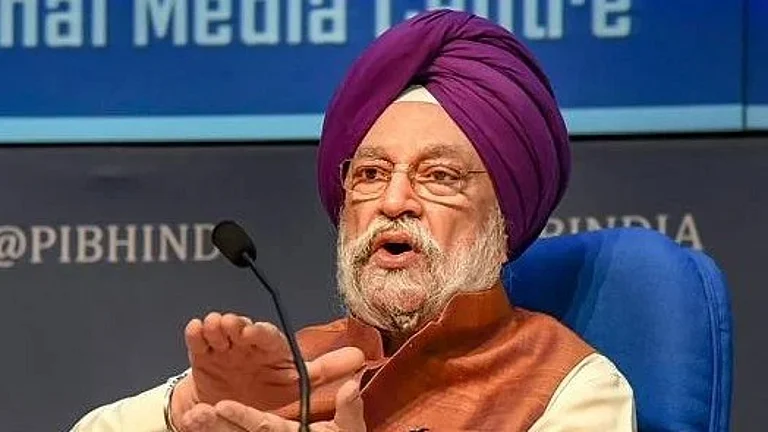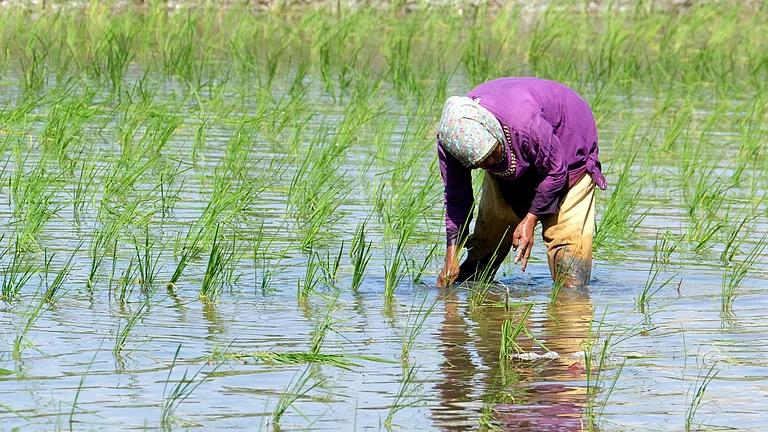India is expected to achieve the target of 20 per cent ethanol blending by February 2025, Union Minister of Petroleum and Natural Gas said on Tuesday. Earlier, the target to achieve 20 per cent base fuel blending was set to be achieved by 2030 but it was later revised and stated to be achieved by the end of 2025.
While addressing the 3rd International Symposium for Thriving Eco-Energy in Mobility hosted at the sidelines of the Bharat Mobility Expo 2025, the Union Minister said, “We are not only confident of achieving 20 per cent in a very short period of time but like Brazil and other countries are beginning to look at what the journey beyond 20 per cent is going to be like.” With the rising consumption of fuels, the nearly 67 million people who go to the petrol pumps every day in the country are now getting a base fuel mixed with ethanol, he said, which is thereby driving overall consumption and the percentage of biofuel being mixed.
“We have come from 1.5 per cent in 2014 to 10 per cent that was set to be achieved by November, 2022 but was achieved by the month of May of the same year and now to the target of 20% blending that has also moved forward significantly,” he added.
Talking about moving beyond 20 per cent blending, the Union Minister said that the government is beginning look beyond second generation (2G) ethanol, which comes from agricultural waste and third generation (3G) ethanol, coming from industrial gases. “I believe and that our current distillation capacity, which is at about 1,683 crore litre and is projected to cross 1,700 crore litre, will leave us with ample opportunity to blend beyond 20 per cent if we choose to do so,” he said.
Joining Hands with Brazil under Global Biofuels Alliance
Brazil in many ways has been the source of inspiration for India’s ethanol program. “With India initiating the Global Biofuels Alliance back in 2023, we look at further areas of collaboration with Brazil under the alliance in order to ensure trade of biofuels,” Puri said. He further said that he has discussed about sustainable aviation fuel with the Brazilian Ambassador and have also talked about the reforms happening in Brazil.
“I'm very impressed both on the tax front and biodiesel mixing. I think these are the areas in which India also has a deep interest and we will be exchanging technical know-how to see how we can further this collaboration,” the Minister added.
Over the past decade, the ethanol blending program has saved approximately USD 14.5 billion in foreign exchange and has reduced CO2 emissions by 57.8 million metric tons. To achieve such numbers, policies such as the National Biofuel Policy 2018 and the Long-Term Ethanol Procurement Policy of 2019 have provided much support.
The Union Minister also urged the automobile industry to introduce more flexi-fuel vehicles in the Indian market that shall enhance energy security and support environmental sustainability goals. “The Global Biofuels Alliance is now set to witness a quantum enhancement in its activity,” he added.
He also said that by capitalizing on the massive opportunity that is available in biofuels globally, the country will be able to accelerate its adoption, reduce greenhouse gas emissions and promote the decarbonization of the automobile industry with cleaner and sustainable alternatives.
































